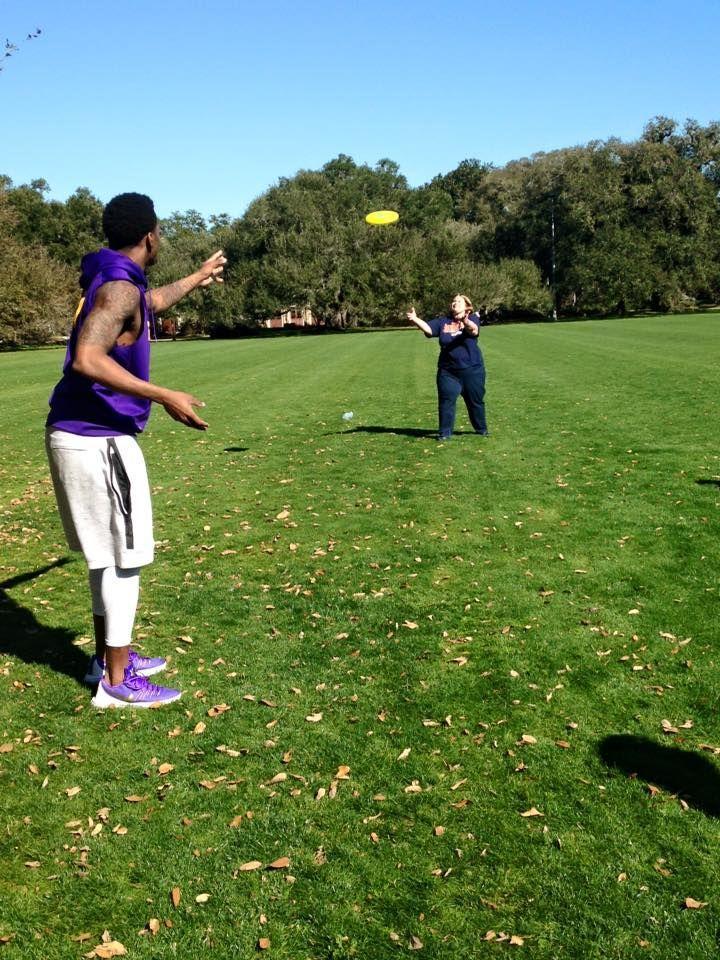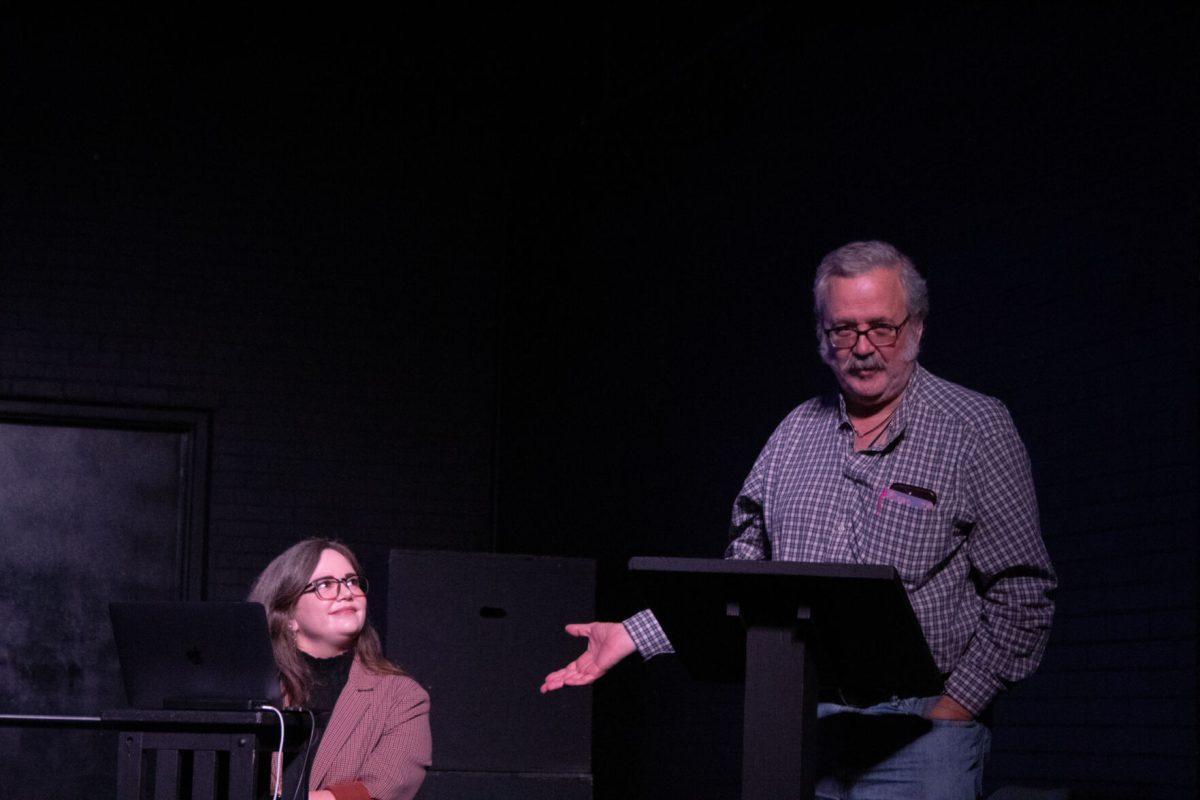Those with developmental and intellectual disabilities can be stigmatized and isolated from society.
University students volunteering as Peer Buddies for the local Best Buddies chapter seek to change this by working to build one-on-one relationships with people with disabilities and encourage others to do the same.
“They’re just people, like us,” kinesiology senior and Best Buddies president Claire Strain said.
Volunteers meet with their buddies independently at least once a month and communicate weekly, though many do so more frequently, having forged strong personal connections. The paired-off buddies learn what they have in common, decide on fun activities to do and go on outings together regularly.
A coordinator at the Arc of Louisiana, an advocacy organization for those with intellectual and developmental disabilities, screens and selects people for pairing with the student volunteers. They range in age from teenagers to individuals in their seventies, Strain said.
During a typical outing, biology junior Taylor Curry and her buddy visit pet stores to play with cats, people-watch at the mall, browse the library and play video games. Once a month the pair gathers for a group event with the other buddies in the program.
“He really gets excited to see all the new friends he’s made,” Curry said.
At the Best Buddies group meet up in February, the attendees were surprised by a visit from LSU football players Arden Key and Lewis Neal. The buddies played games with and got to know the players.
“It was like watching [my buddy] meet a celebrity … that just really made his whole week,” Curry said. “They were like heroes to him.”
The relationships between the Best Buddies can become lifelong friendships, Strain said, with some keeping in touch long after graduation. Best Buddies have been guests at each other’s weddings and continued to visit.
University student volunteers are carefully screened by Best Buddies to determine if they are well suited to the task and motivated by genuine desire to help rather than padding their resumes, Strain said. The volunteers must be 18 or older and own a vehicle to transport their buddy. Many are inspired to join by their past experiences with disabled friends and relatives.
“We don’t even ask their disability because it really doesn’t matter” Strain said. “You don’t need to know someone’s background to be their friend.”
Best Buddies aims to foster friendships between students, people with disabilities
By Trent Parker
March 8, 2016
LSU football player Arden Key tosses a frisbee with a member of Best Buddies during the University organization’s February meetup.
More to Discover








